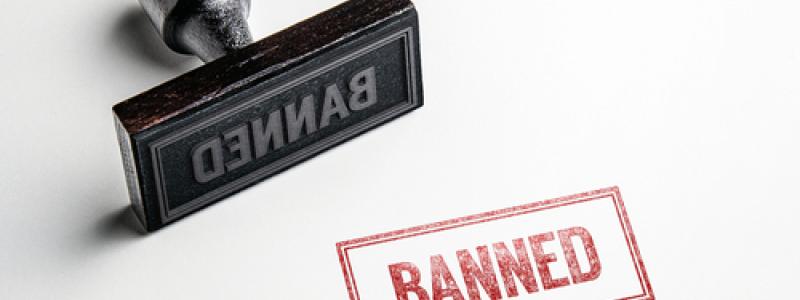FCC bans “cramming” and “slamming” practices

Just this week, the Federal Communications Commission (FCC) has voted to implement a ban on practices that involve “cramming” and “slamming.” For those not familiar with these terms, cramming is the act of adding unauthorized fees unto a consumer’s phone bill. As for slamming, it is the practice of switching a customer’s phone service without his knowledge or consent.
Cramming is not actually a new thing -- it harks back to over a decade ago, when phone service providers were permitted to earn additional revenues by billing for other companies. Of course, during the telephone era, bills pertaining to landline phones were mostly the victim of this practice. But with the arrival of the mobile device era, pretty much every guy or girl who pays a monthly bill are potential targets for cramming.
According to the FCC, as many as 20 million consumers every year suffer from cramming practices. The unauthorized charges can range from special hotline subscriptions and cosmetics to gym memberships and even health and fitness programs. Those affected often are clueless that they’ve been had. Per results of a commission study, around five percent of cramming victims are not aware they have been victimized.
The sad thing is that the parties behind the cramming are getting smarter when it comes to hiding the bogus fees. For instance, it is easy to miss an additional couple of bucks charged to a phone bill, especially if those charges are labeled under cleverly ambiguous titles like “service charges” or “monthly fees.” But if those charges go unnoticed, they can accumulate to millions of dollars on an annual basis if a significant percentage of a provider’s customer base are being targeted.
This is why the FCC is pushing for a clear ban to prevent these practices from happening. The clear ban should eliminate misrepresentations made during sales calls, and also effect a definite prohibition against placing unauthorized fees on phone bills. Any misrepresentations will be used as evidence that should invalidate unwanted requests when a company attempts to target a user’s phone service.
As for the anti-slamming rules, phone companies that are found to have abused the third party verification process (for switching service providers), they will be suspended from using that process for a period of five years, which means they will have to employ alternative methods (which could potentially impact their operations).
For more information about the ban, head to the FCC’s official website now.
Related Blog Articles
- FCC: Repeal of net neutrality rules takes effect June 11
- Your guide to watching the 2018 World Cup
- UK boarding school confiscating students’ smartphones during bedtime
- Musical.ly’s streaming app Live.ly is no more
- AT&T to launch $15 per month TV streaming service
- California Democrats combine two separate net neutrality bills
- Facebook introduces game shows platform, with live interactive vids
- Instagram hits 1 billion users; launches new IGTV video uploading service
- AT&T’s Unlimited &More plans and WatchTV: Everything you need to know
- Tips for achieving a smartphone detox this summer (or at least for a few days)
Related Blog Posts
- Report: Drug users are using wearable devices during binges
- Spotify allows Android users to reorder playlists; Pandora lets users share tunes to Snapchat Stories
- WhatsApp combats fake news with a new forwarded label
- FCC: Today’s improving mobile networks can impact healthcare costs
- Did Apple Music already overtake Spotify in America?


 Menu
Menu